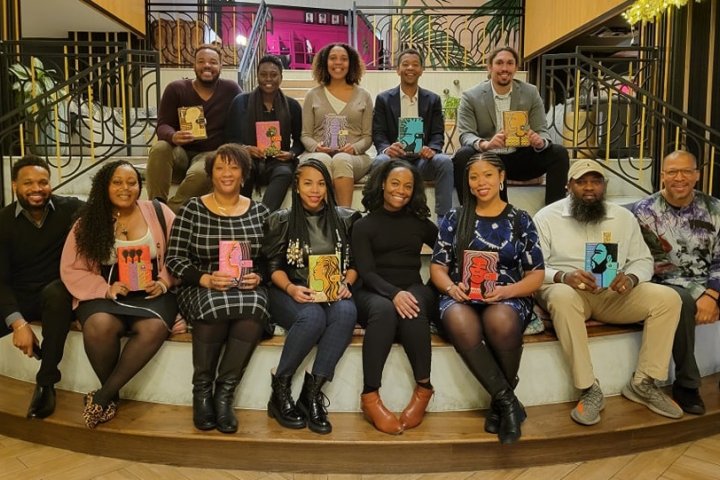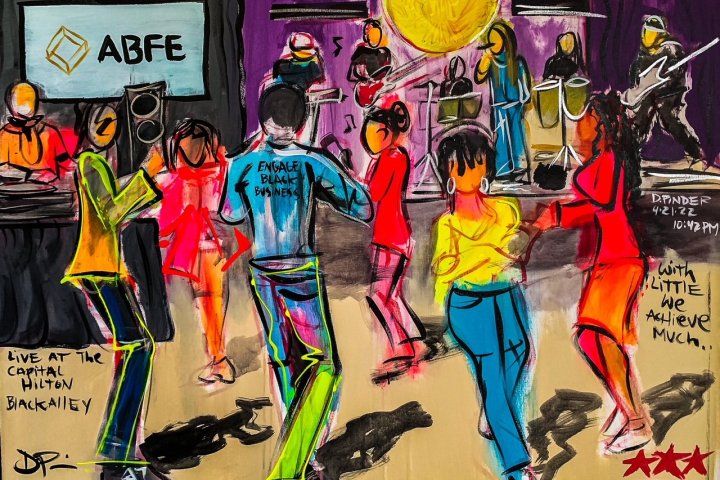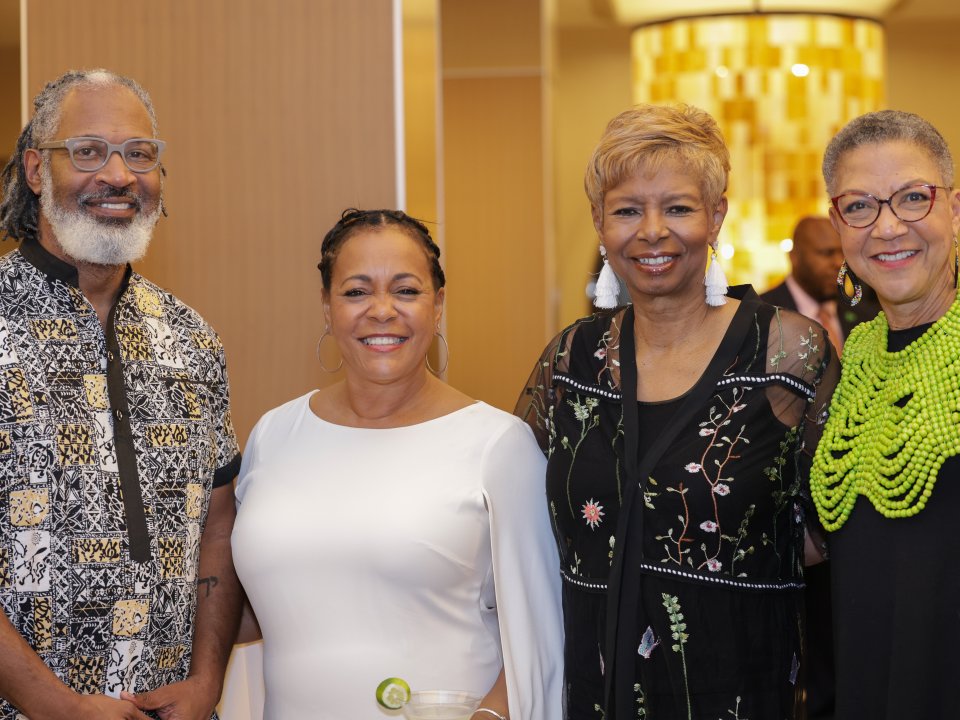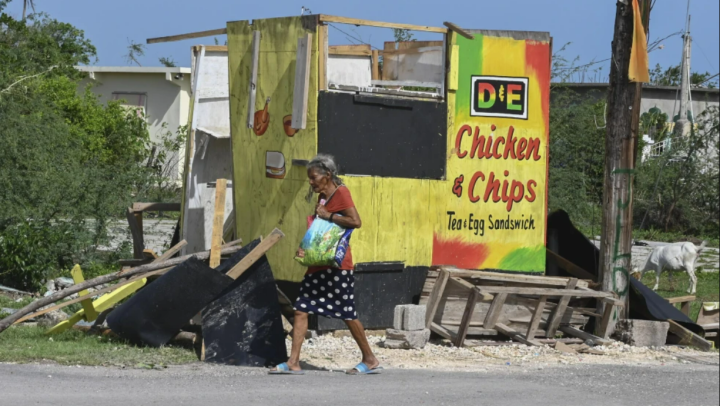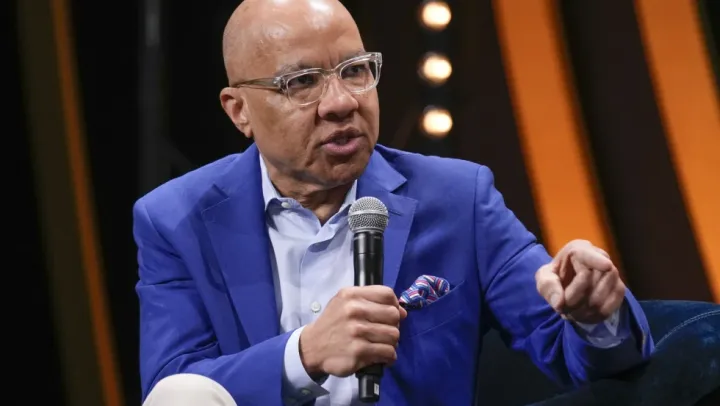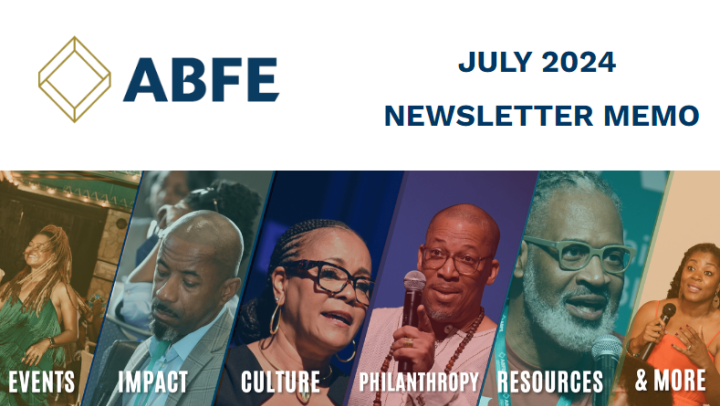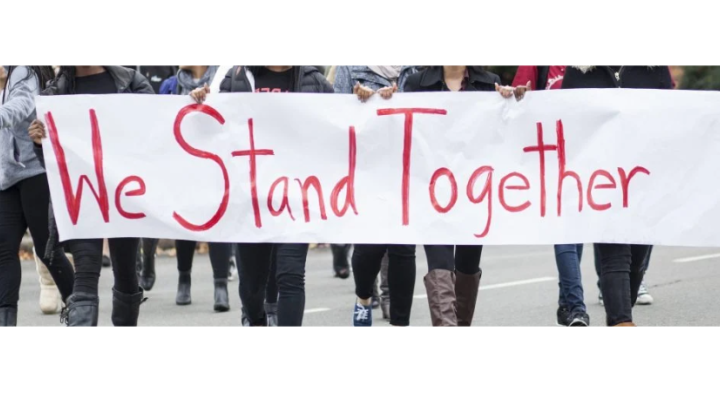Upcoming Event
Black Women In Philanthropy: August 18th - 20th, 2024
Registration is now open for the 2024 Black Women In Philanthropy Retreat scheduled on Sunday, Aug 18th - Tuesday, August 20th in Charleston, South Carolina! This annual leadership event serves as a unique time for women leaders to nourish, heal, and network with advisors and colleagues in the field. We hope to see you there.
Image

Image
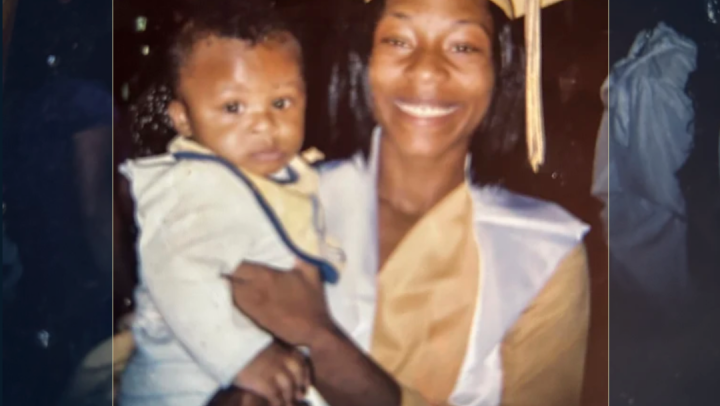
Thought Leadership
Jul 25, 2024
Research & Reports
Research & Reports
Research & Reports
Research & Reports
Research & Reports
Image
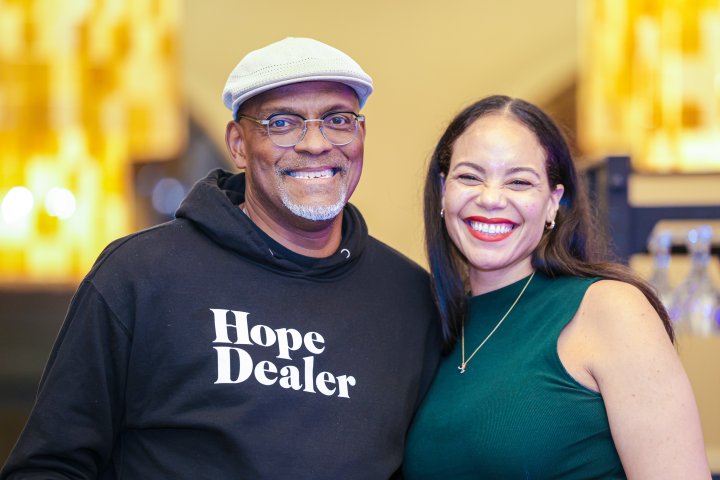
"To be able to come somewhere with a group of like-minded folks where I don’t have to explain what I’m doing, who understand what the work means and why we do it and why we pour our passion into it…that’s been the biggest value of membership for me."
Image

"The networking, the conferences, the professional building, the workshops, I don't believe I've ever been a part of an organization other than ABFE where I could get that all at once."
Image

"We come to ABFE spaces like Harambee and we are re-energized, and supported. Then we get to go home and the spill over lands into our communities."

